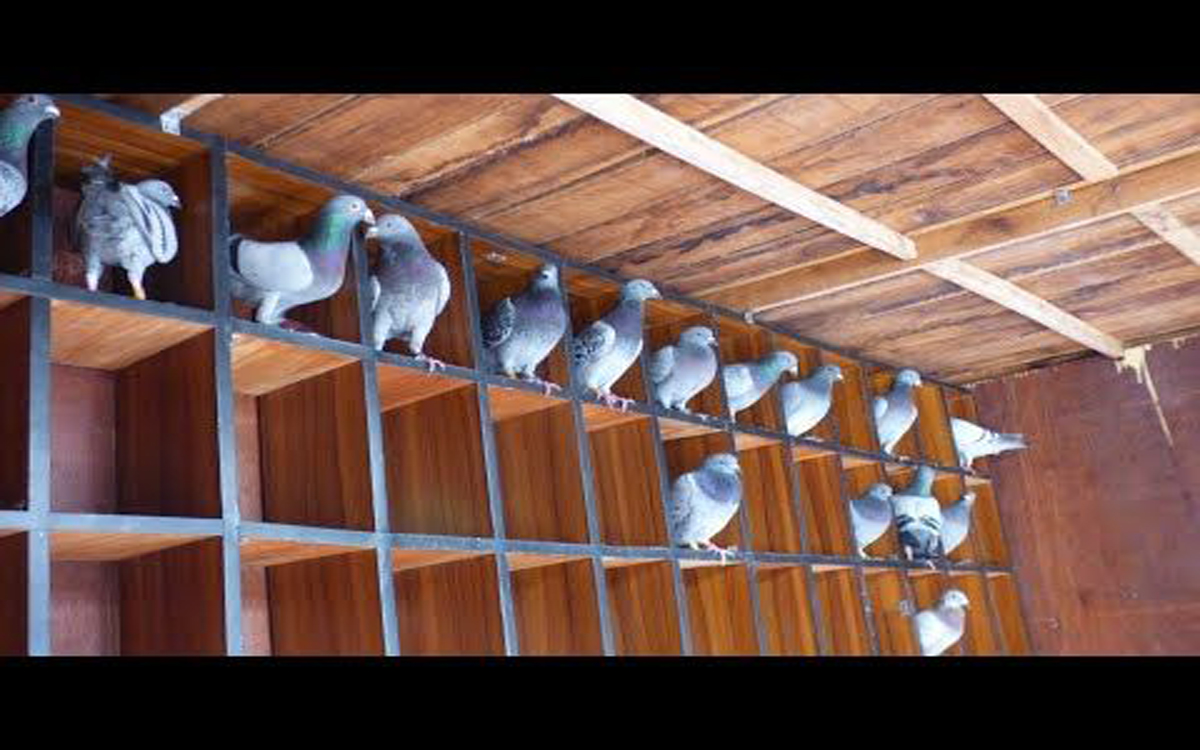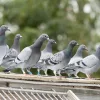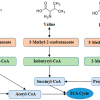
How Amino Acid & Electrolyte Deficiencies Hurt Pigeons
How Amino Acid & Electrolyte Deficiencies Hurt Pigeons
Racing pigeons are some of the most finely tuned athletes in the animal kingdom. Their ability to fly hundreds of kilometers at speed is a testament to both their natural physiology and the care they receive. But even the best training or breeding program can fall short if one critical area is overlooked: nutrition—specifically, amino acids and electrolytes.
Many fanciers focus on carbohydrates, fats, and vitamins, but a deficiency in essential amino acids or electrolytes can silently sabotage a bird’s performance, delay post-race recovery, reduce breeding results, and increase disease susceptibility.
In this blog, we’ll explore:
-
Why amino acids and electrolytes are vital
-
What happens when racing pigeons don’t get enough
-
How to recognize deficiencies early
-
The best ways to correct and prevent imbalances
Let’s dive into the nutritional science that separates champions from the rest of the flock.
What Are Amino Acids and Why Do Pigeons Need Them?
Amino acids are the building blocks of protein, essential for muscle development, feather quality, immune defense, and recovery after exertion. Pigeons, like all animals, rely on both non-essential amino acids (which their bodies can make) and essential amino acids (which must come from food).
The most important essential amino acids for pigeons include:
-
Methionine : critical for feather structure and liver health
-
Lysine : important for muscle repair and calcium absorption
-
Threonine : supports gut lining and immune response
-
Tryptophan : precursor to serotonin, impacting mood and stress
-
Valine, Leucine, Isoleucine : branched-chain amino acids crucial for endurance and muscle energy
Without a proper balance of these, your pigeons may look okay on the perch—but they’ll underperform in the sky.
What Do Electrolytes Do for Racing Pigeons?
Electrolytes are charged minerals that regulate hydration, nerve signaling, muscle contraction, and acid-base balance. For racing pigeons, electrolytes are essential to:
-
Prevent dehydration during and after races
-
Maintain stamina under heat or stress
-
Support muscle function and recovery
-
Promote faster rehydration after long flights
-
Stabilize internal pH levels
Key electrolytes include:
-
Sodium
-
Potassium
-
Chloride
-
Calcium
-
Magnesium
These are often lost through sweating equivalent processes, like breathing heavily, panting, or increased urination from water turnover during racing.
Signs of Amino Acid Deficiency in Racing Pigeons
Most amino acid deficiencies are subtle—but over time, they lead to visible drops in performance and health. Here are signs to watch for:
Poor Feather Quality
-
Brittle, dull, or frayed feathers
-
Delayed molt or irregular replacement
-
Incomplete feathering in young birds
Muscle Wasting or Weakness
-
Sunken breast muscle
-
Struggling with takeoff or endurance
-
Poor post-race recovery
Low Immunity
-
Increased susceptibility to respiratory or digestive infections
-
Slow recovery from illness
-
Constant presence of wet droppings or weight loss
Poor Breeding Performance
-
Infertility in cocks or poor egg laying in hens
-
Weak squabs or slow growth in youngsters
Many of these issues worsen during stress periods like racing, breeding, or molting.
Signs of Electrolyte Deficiency in Racing Pigeons
Electrolyte depletion is common in hot weather, after strenuous races, or during illnesses involving diarrhea or vomiting. Deficiency symptoms include:
Dehydration
-
Wrinkled skin around eyes
-
Sunken keel with weight loss
-
Reduced water intake or excessive drinking
Lethargy or Weakness
-
Sitting puffed up after a short flight
-
Slow recovery from training tosses
-
Hanging wings
Nervous Signs or Muscle Cramping
-
Shaking, wing twitching
-
Flight imbalance or reluctance to fly
Acid-Base Imbalance
-
Loose droppings with abnormal odor
-
Delayed digestion or crop issues
-
Extreme fatigue post-race
The Hidden Impact on Racing Performance
The effects of amino acid and electrolyte deficiencies aren’t always immediately visible. But over time, they can devastate your results.
Reduced Race Stamina
Without proper muscle fuel and hydration balance, pigeons tire more quickly and struggle to maintain speed over distance.
Slower Recovery
Muscle soreness, dehydration, and fatigue take longer to resolve, delaying training schedules and risking injury or relapse.
Immune System Breakdown
Deficiencies weaken defenses, making birds more vulnerable to canker, coccidiosis, ornithosis, and other common diseases.
Poor Loft Results
Even if one or two birds bounce back, your team’s overall performance will suffer, and consistency disappears.
In short: Nutrition gaps equal performance gaps.
Causes of Deficiency in Racing Pigeons
Several factors can lead to amino acid or electrolyte shortages:
Poor Feed Composition
Grain-only diets without balancing legumes or commercial feed mixes may lack key amino acids like lysine and methionine.
High Performance Demand
Racing, training, breeding, and molting all increase nutritional requirements.
Digestive Illness
Canker, bacterial enteritis, or coccidiosis reduce nutrient absorption.
Heat Stress
In hot weather, pigeons lose more fluids and electrolytes through respiration and increased water turnover.
Inadequate Supplementation
Failing to provide electrolyte supplements post-race or during hot weather can create chronic deficits.
Solutions: How to Prevent and Correct Deficiencies
1. Feed a Balanced Diet
Include a blend of grains, legumes (peas, lentils), oilseeds, and vitamin-mineral supplements. Use amino acid-fortified feeds when possible.
2. Add Targeted Supplements
Use products rich in methionine, lysine, and BCAAs. Many pigeon-specific amino acid powders or tonics are available to help meet needs.
Recommended additions:
-
Protein supplements during breeding/molt
-
Amino acid tonics 2–3x per week in-season
-
PHP Performance Boosters with electrolytes + amino acids
3. Use Electrolyte Solutions Post-Race
Administer PHP Electro Boost or other quality pigeon electrolyte formulas immediately after racing or during heatwaves.
Look for formulations with:
-
Sodium + Potassium
-
Chloride + Magnesium
-
Glucose or dextrose for energy uptake
4. Rehydrate and Rebuild
After tough races, pigeons need more than rest. Provide:
-
Recovery-focused feed with added oils and vitamins
-
Amino acid-electrolyte blend in drinking water
-
Extra grit and minerals to support digestion
5. Monitor and Adjust Based on Results
Track race returns, bird condition, droppings, and muscle tone weekly. Adjust diet and supplements accordingly.
When to Supplement
| Situation | Supplement Type | Frequency |
|---|---|---|
| Post-Race Recovery | Electrolyte + amino acid solution | Immediately after race |
| Molting Period | High-protein + methionine supplement | 3–4x/week |
| Hot Weather | Electrolyte solution in water | Daily during heatwave |
| Training Season | Amino acid tonic | 2–3x/week |
| Breeding Season | Protein + lysine/methionine support | Daily |
Final Thoughts: The Nutrition Edge
Racing pigeons push their bodies to the limit. Without the proper balance of amino acids and electrolytes, you’re holding your birds back no matter how great your training or bloodlines are.
These aren’t luxury additions they’re essential components of energy, endurance, immunity, and muscle function.
By investing in the right supplements, tailoring feed plans, and observing your birds closely, you ensure your team is race-ready, resilient, and recover quickly—no matter the conditions.



